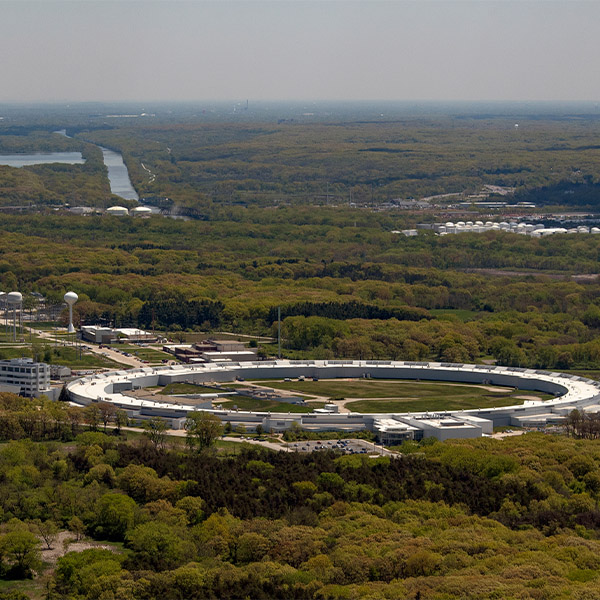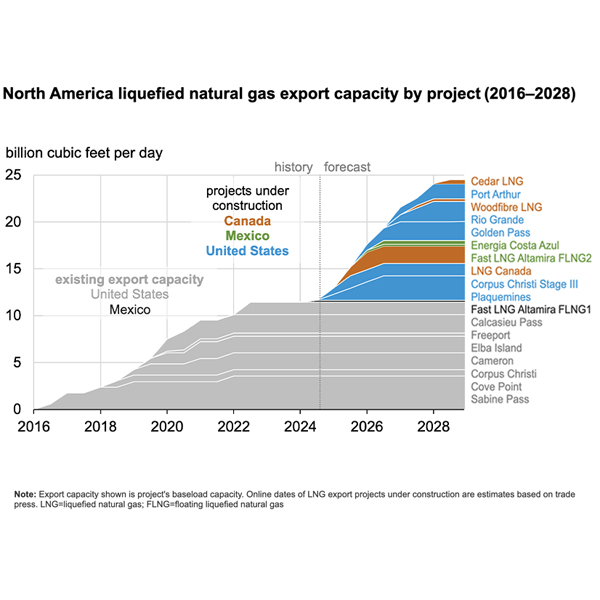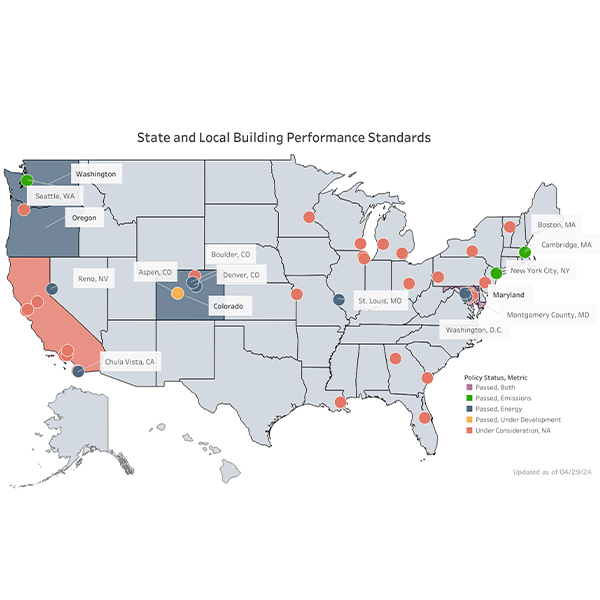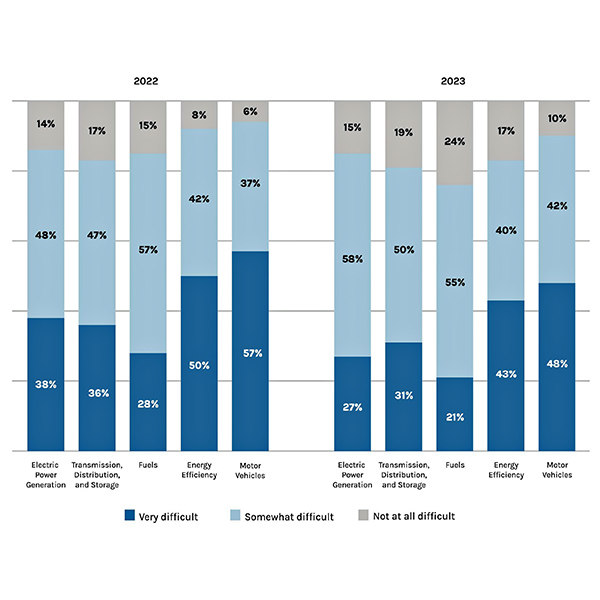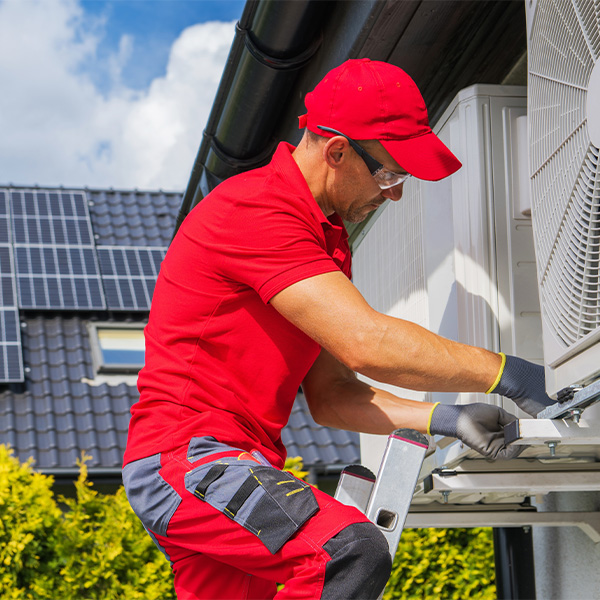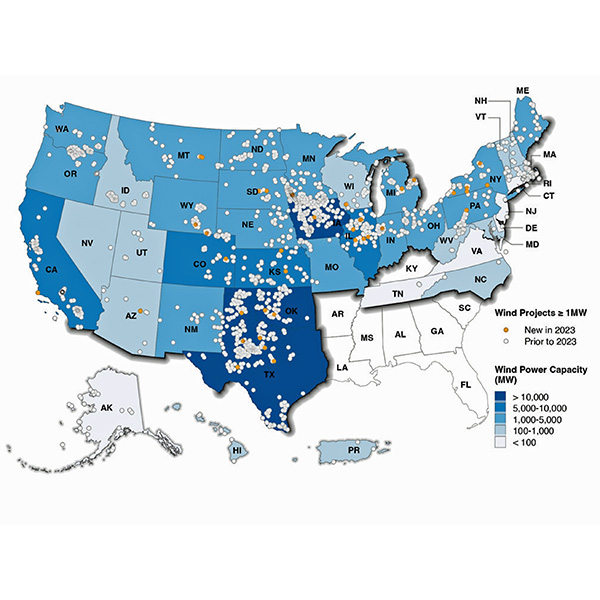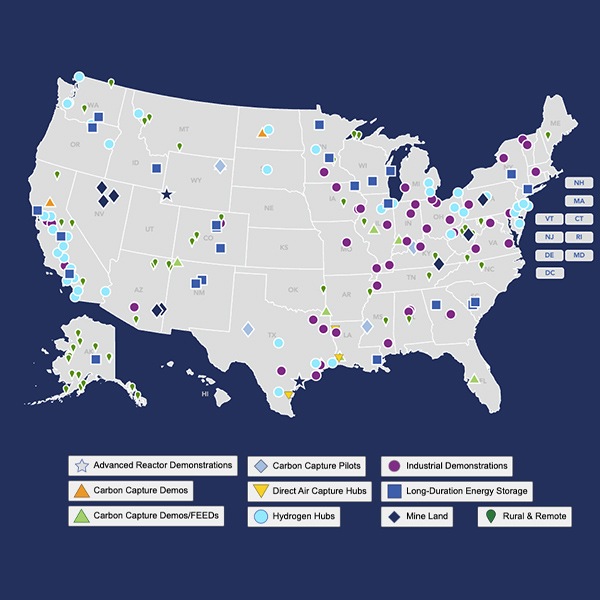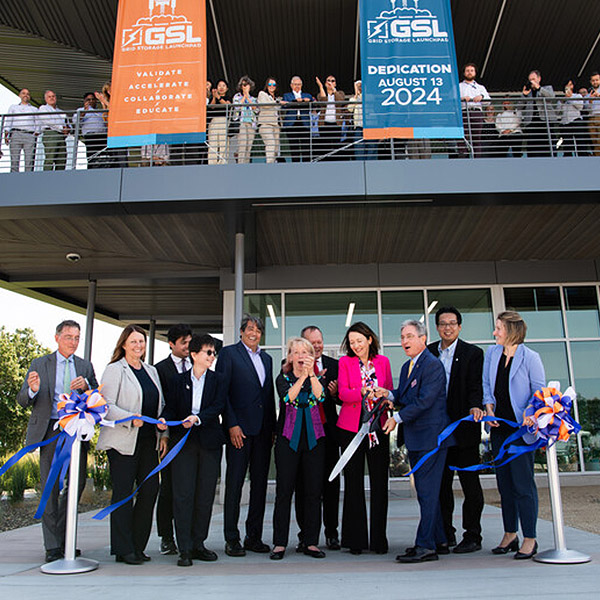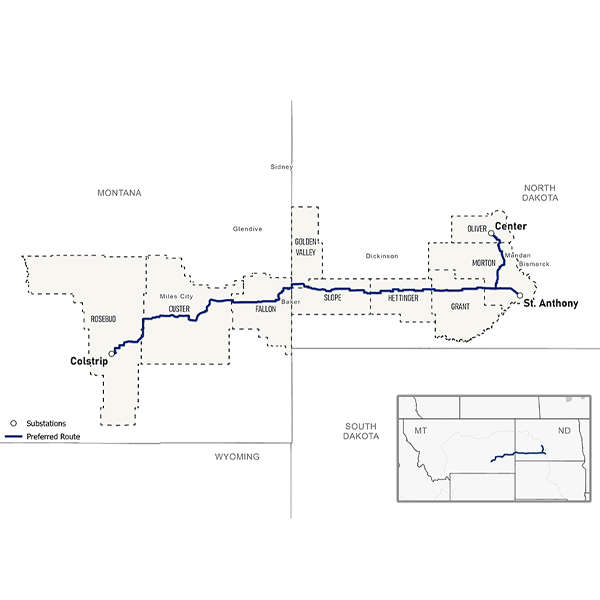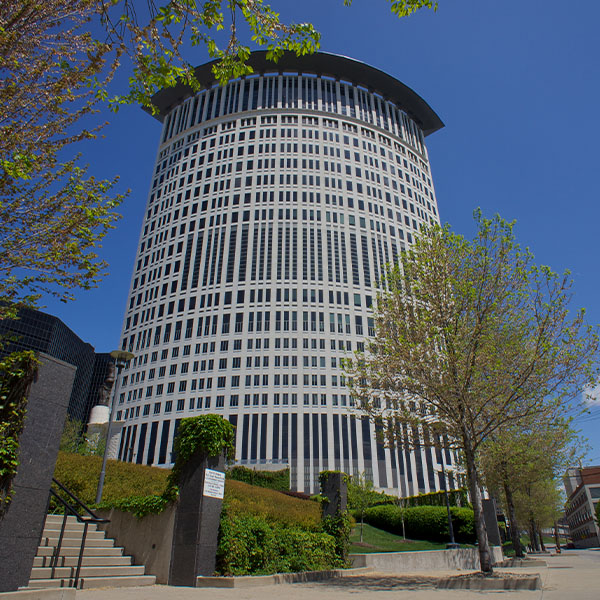U.S. Department of Energy (DOE)
The two Energy Innovation Hubs will accelerate development of storage technology beyond lithium-ion batteries, with a priority on use of inexpensive and abundant materials.
The Department of Energy approved a five-year term for New Fortress Energy’s Fast LNG 1 project to export gas produced in the U.S. to countries without free trade agreements.
The Department of Energy aims to help cities and states reduce emissions with more than $240 million in grants to promote the adoption of building performance standards
The Department of Energy reports the clean energy workforce grew 4.2% in 2023, twice the rate of the rest of the energy sector and the U.S. economy overall.
To gain a deeper understanding of how the IRA is being implemented, NetZero Insider invited several industry leaders to talk about their views on the law.
The 2024 editions of the Department of Energy’s wind energy market reports show growth amid challenges.
Signed into law Aug. 16, 2022, the IRA is the largest federal investment in climate and clean energy action in history, and leading up to the IRA’s second anniversary, the Department of Energy and other agencies have heralded the law’s impact and benefits.
U.S. reliance on lithium-ion batteries has become a political flashpoint due to China’s dominance in the processing of lithium and manufacture of battery cells.
DOE announced its second round of grants for the GRIP program, with $2.2 billion going to eight projects that could expand grid capacity, reliability and flexibility across 18 states.
The General Services Administration is doubling down on its efforts to slash greenhouse gas emissions from federal buildings with recent announcements aimed at both procuring carbon-free energy and testing out new energy-efficient, low-carbon technologies.
Want more? Advanced Search
